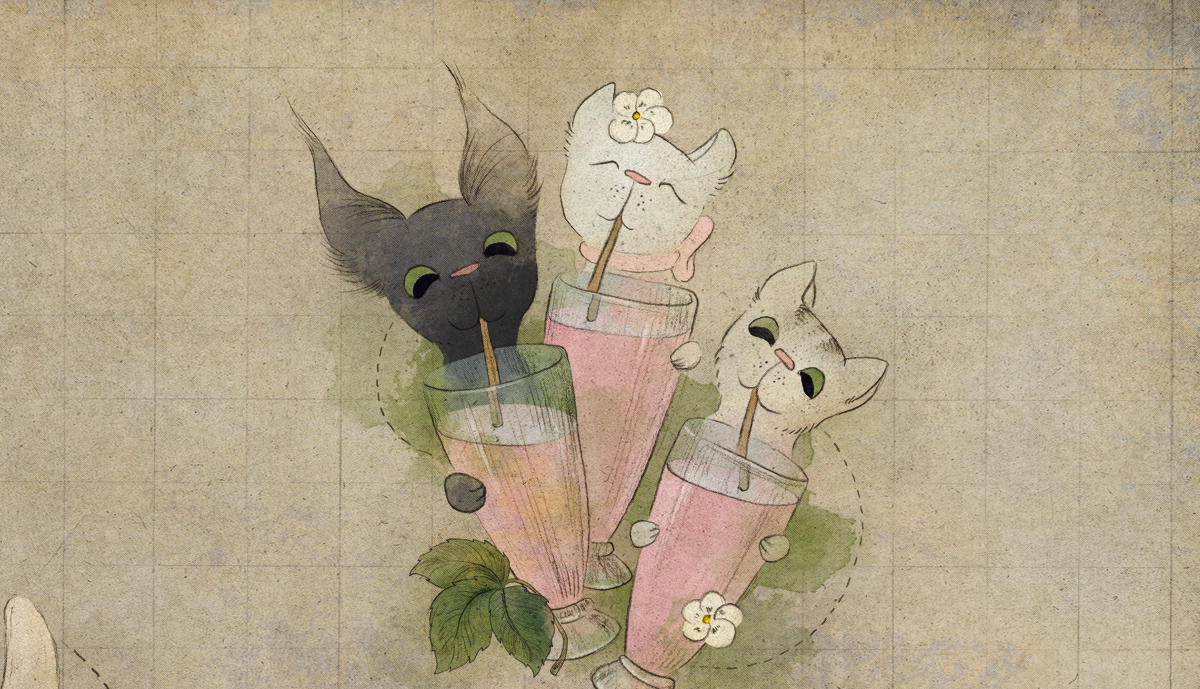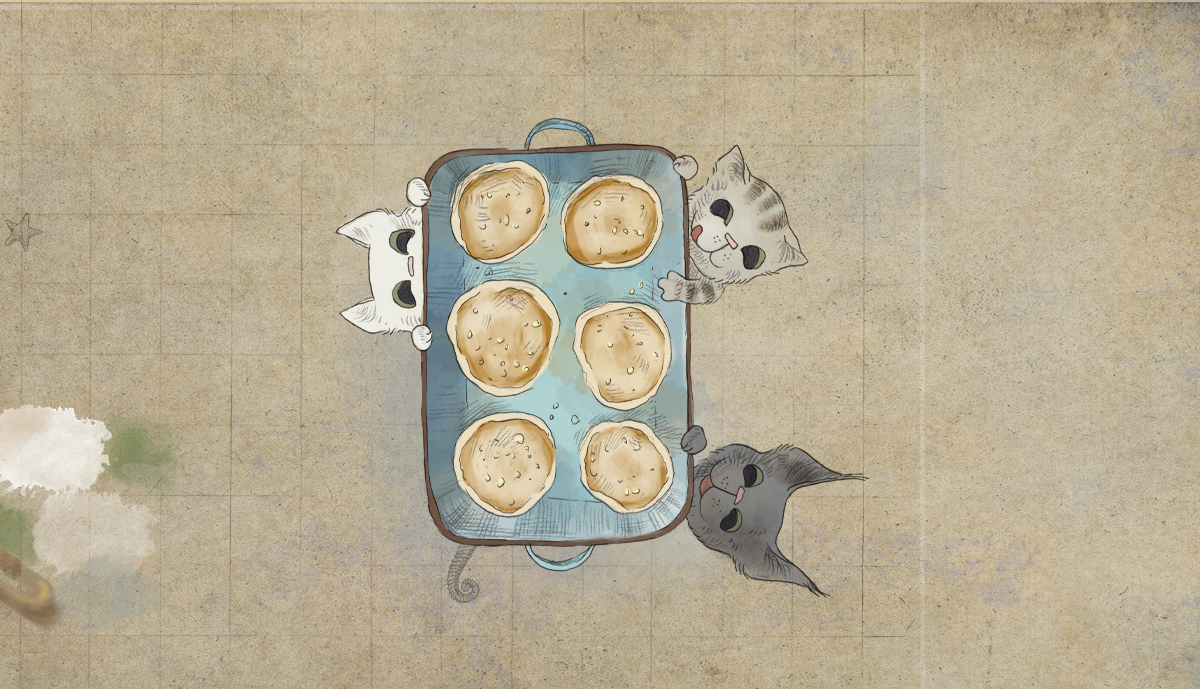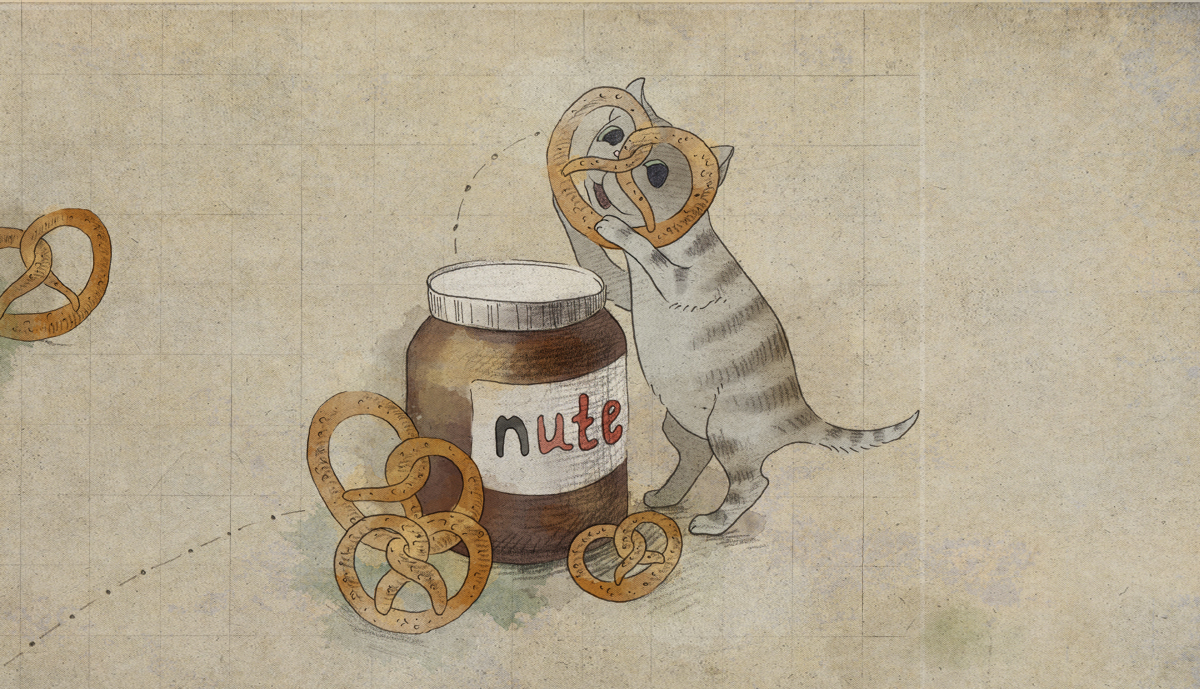Cats life expectancy

Good news for cat lovers: Cats are living longer lives than ever thanks to better nutrition and advances in medical care. So just how long do indoor cats live?
The short answer, according to the ASPCA, is 13 to 17 years. That’s the average for all cats kept indoors, but there are many variables that can shorten or lengthen a cat’s life.
FACTORS THAT IMPACT LIFE EXPECTANCY
While 13 to 17 years is the average life expectancy for an indoor cat, some live much shorter lives while others live well into their 20s. One kitty, Crème Puff, made it to the ripe old age of 38!
Want your cat to outlive the average? Here are some things to consider:
-
- Routine Medical Care
Cats won’t complain when they don’t feel good. In fact, you won’t likely notice anything is wrong with your pet until things have progressed to the point that it may be too late for effective treatment.That’s why routine care is so important. In addition to vaccines and other preventative measures, the vet can also perform annual tests to make sure your cat isn’t dealing with any medical conditions. In many cases, when caught early, the conditions can be successfully treated. - Diet
- Routine Medical Care
An ideal diet is moisture-rich and has all of the nutrition your cat needs. Since there are so many options, it can be difficult to choose a quality cat food. Your best bet is to discuss the various diets with your vet, so he or she can guide you to the food that is best for your cat.
- Exercise
Some cats are notoriously lazy, so how can you get an indoor cat to exercise? Interacting with your cat is one option. Most cats can’t resist a laser pointer, so spend some time each day having your cat chase the red dot. Other interactive toys, such as wands with feathers or battery-operated rolling toys, can also get your cat moving.If you’re seriously committed to your cat’s fitness, consider investing in a cat wheel or treadmill, which should only be used with your supervision. - Prevent Boredom
Keeping your cat engaged can help to extend his life, and there are many ways to do this, including the introduction of new toys regularly, spending time interacting each day, and providing climbing opportunities, such cat towers or wall-mounted options.
A WORD ABOUT OUTDOOR CATS
This article answered the question “how long do indoor cats live?” but it’s important to point out the best way to shorten a cat’s life expectancy is to let him wander outside. Outdoor cats only live an average of 2 to 5 years. The dramatic difference is attributed to the many dangers an outdoor cat faces, including traffic and predators.
LIFESPANS OF POPULAR BREEDS
Are you thinking about adding a cat to your family? Here are the average lifespans of some of the most popular breeds:
-
- Siamese: 12 to 20 years
- Calico: 12 to 15 years
- Bengal: 14 to 16 years
- Burmese: 16 to 18 years
- Savannah: 12 to 20 years
- Ragdoll: 15 to 18 years
- Russian Blue: 15 to 20 years
- American Shorthair: 15 to 20 years
- Sphynx: 10 to 15 years
- Manx: 8 to 14 years
- Persian: 10 to 17 years
- Maine Coon: 10 to 13 years
- Munchkin: 12 to 15 years
Are you a cat person?

There’s a lot of positives to being a cat person. Caring for a cat can be a rather rewarding experience given how the furry critters are a wondrous mixture of playfulness and relaxation. It can also be beneficial for your health as a scientific study in Australia noted that those who are cat people tend to have a higher quality of life and well-being.
There’s also plenty of studies to suggest cats are great for relieving stress and that you’re less likely to succumb to a heart attack. This isn’t to suggest that merely owning a cat will automatically improve your health but, hey, it absolutely couldn’t hurt.
But being a cat person is far more than just posting cute pictures of your fur babies on social media. It can also be about forming a bond and compassion with someone who depends on you for both survival and affection. There’s no shortage of animal shelters out there with a number of felines who could use a forever home. Not all of them are kittens either, as many are older and in need of care. There are a lot of cats who are up in their age who could really use somebody to give them some love. Only the most compassionate of cat people could make such dreams a reality.
So for those seeking a cat that requires a forever home, consider the older ones that often get looked over for the more spry kittens. Older cats may not be as active or energetic but they still have plenty of love to give and can be excellent companions for the easy-going nature. It can be the defining feature of what separates a cat person from someone who just enjoys pictures of cats popping up on Instagram or Twitter.
Cats and children

Cats can be wonderful companions for children in many ways:
Companionship: Cats can provide children with companionship and comfort. They can be there for them when they’re feeling down or lonely.
Teaching responsibility: Caring for a cat can teach children valuable lessons in responsibility, such as feeding, grooming, and cleaning up after the cat.
Stress relief: Interacting with a cat, such as petting or playing with them, can be calming and reduce stress for children.
Encouraging empathy: Caring for a pet helps children develop empathy and learn to understand the needs and feelings of others, including animals.
Promoting exercise: Playing with a cat can encourage children to be more active and engage in physical exercise, which is important for their health and well-being.
However, it’s essential to supervise interactions between cats and young children to ensure the safety of both parties. Additionally, some children may have allergies to cat fur or dander, so it’s essential to consider this factor before bringing a cat into a household with children. Overall, with proper care and supervision, cats can indeed be good for children and provide them with many benefits.
Cat personalities

Cats, like humans, have diverse personalities that can vary widely from one individual to another. Here are some common cat personalities you might encounter:
Affectionate: Affectionate cats enjoy being close to their human companions, often seeking out cuddles, lap time, and physical affection. They may purr loudly, rub against their owners, and enjoy being petted.
Independent: Independent cats are more self-sufficient and may prefer to spend time alone or engage in solitary activities like exploring their environment or lounging in quiet spots. They may show affection on their terms and may not always seek out attention.
Playful: Playful cats are energetic and enjoy interactive playtime with toys or with their human companions. They may engage in games like chasing toys, pouncing, and wrestling, and they often have a curious and adventurous nature.
Shy or timid: Shy or timid cats may be cautious around new people or in unfamiliar environments. They may prefer to observe from a distance rather than interacting directly and may take time to warm up to new situations or individuals.
Confident: Confident cats are outgoing, social, and unafraid of new experiences. They may approach new people or situations with ease, and they may enjoy exploring their surroundings and interacting with other pets or humans.
Talkative: Talkative cats are vocal and enjoy communicating with their owners through meows, chirps, and other vocalizations. They may “talk” to express their needs, greet their owners, or simply engage in conversation.
Laid-back: Laid-back cats are easygoing and relaxed, often content to lounge around and enjoy the comforts of home. They may be adaptable to changes in their environment and may not get easily stressed.
Aggressive: Aggressive behavior in cats can manifest as hissing, growling, scratching, or biting. This may occur due to fear, territoriality, or discomfort, and it’s essential to address the underlying cause of aggression through behavior modification and appropriate training.
It’s important to recognize and respect each cat’s individual personality and preferences, as well as provide them with a stimulating environment that meets their needs for physical and mental stimulation, social interaction, and comfort.
Are cats good companions?

Cats make excellent companions for many reasons:
Affectionate: While some cats may have a reputation for being independent, many are incredibly affectionate and enjoy cuddling with their human companions. They often form strong bonds with their owners and show their affection through purring, rubbing against them, and seeking out physical contact.
Low Maintenance: Compared to some other pets, cats are relatively low maintenance. They don’t need to be walked like dogs, and they can be left alone for longer periods, making them a suitable companion for individuals with busy lifestyles.
Stress Relief: The presence of a cat can provide comfort and stress relief. Simply petting or spending time with a cat has been shown to reduce stress levels and promote relaxation.
Entertainment: Cats are playful and curious animals, and watching them explore their environment, play with toys, or engage in amusing behaviors can be entertaining and uplifting.
Companionship without Demands: Cats can provide companionship without demanding constant attention. They are independent creatures that appreciate their own space but still enjoy spending time with their owners when it suits them.
Health Benefits: Research has shown that owning a cat can have various health benefits, including lower blood pressure, reduced risk of heart disease, and improved psychological well-being.
Emotional Support: Cats can offer emotional support and comfort during difficult times. Their presence can be particularly reassuring for individuals dealing with loneliness, anxiety, or depression.
Sense of Responsibility: Caring for a cat can instill a sense of responsibility and routine in their owners, which can be especially beneficial for children and young adults.
Overall, cats can be wonderful companions that bring joy, comfort, and companionship into their owners’ lives. Whether it’s curling up on the couch together or playing a game of chase, the bond between a cat and their human companion is truly special.
